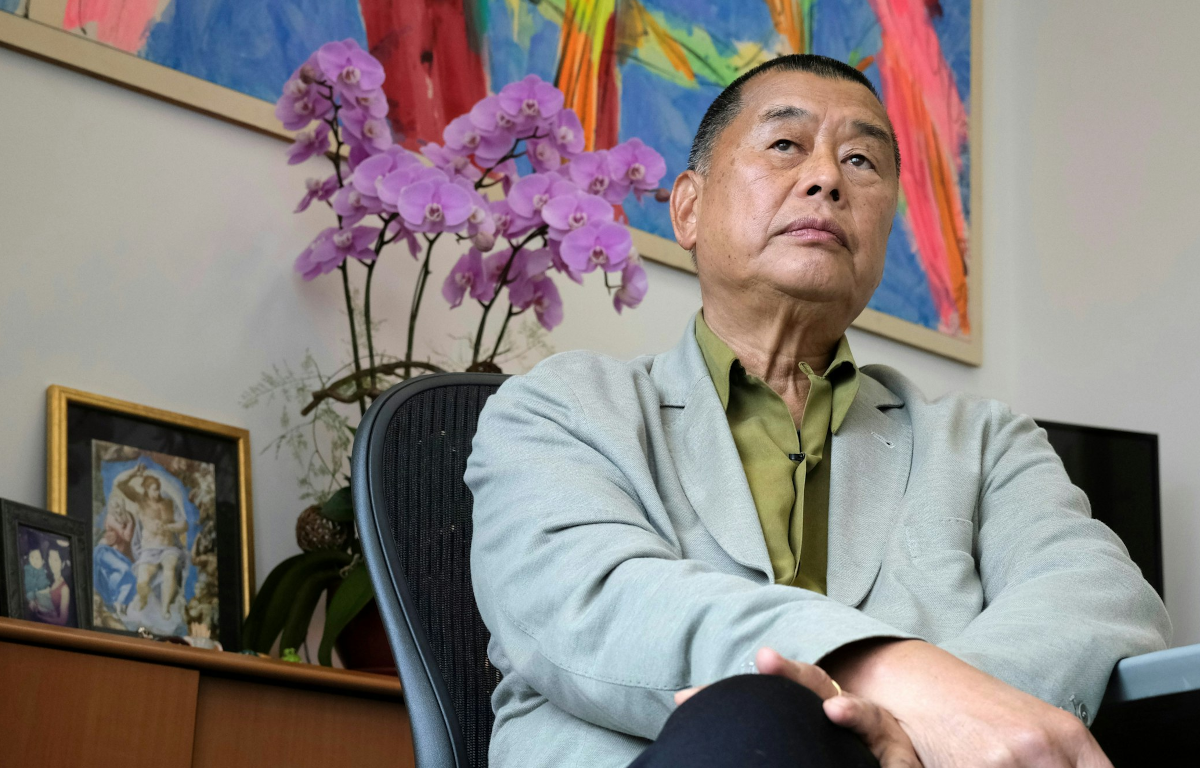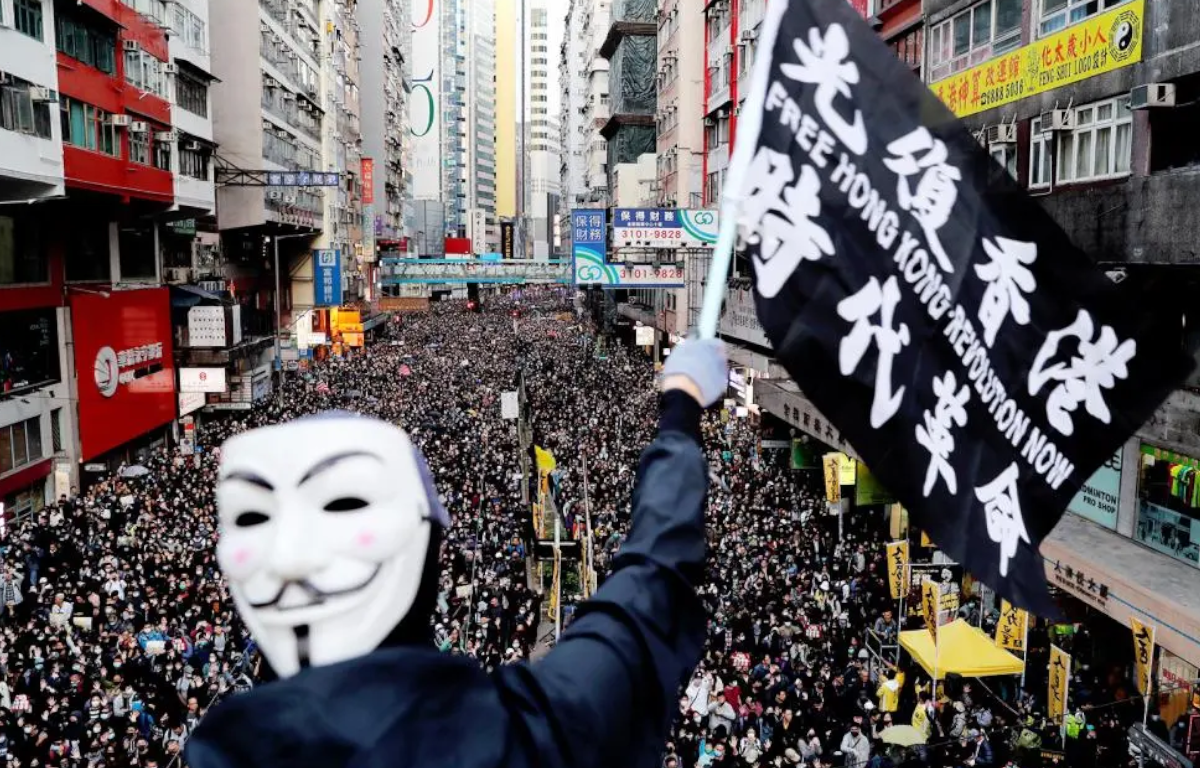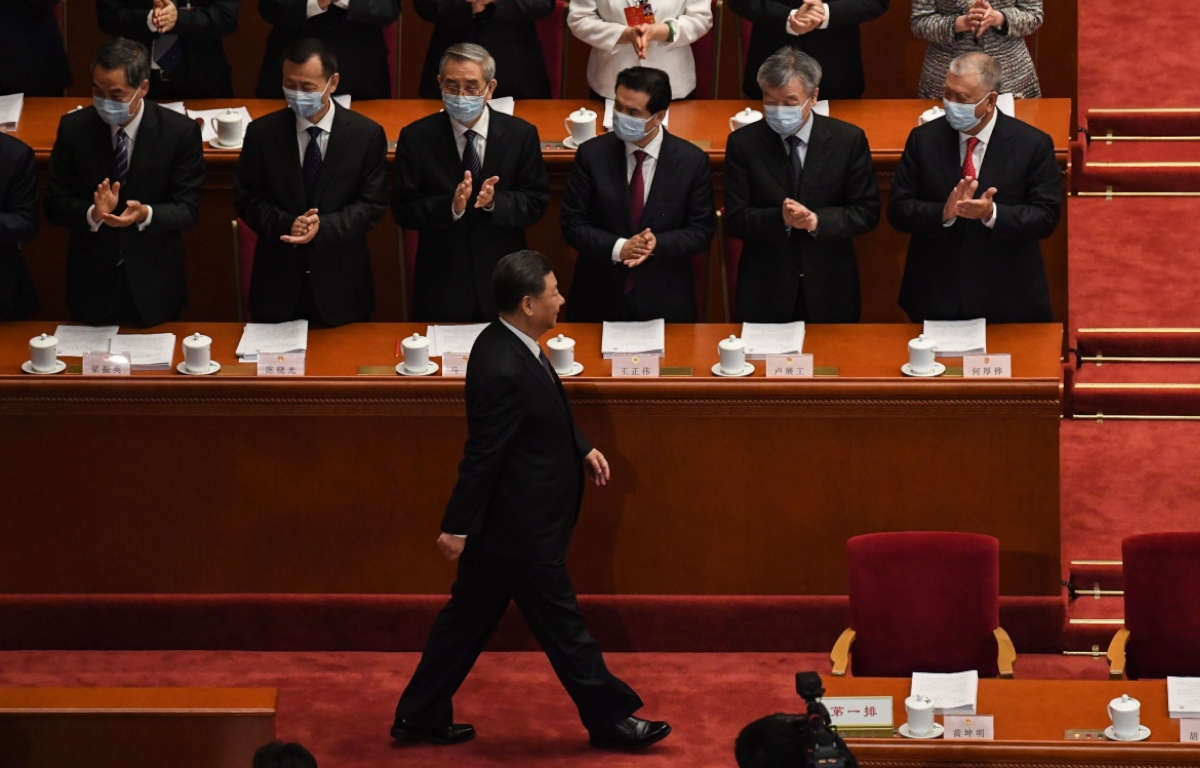
Xi Jinping has been a symbol of strength in Chinese politics since his ascent to power in 2012. He has portrayed himself as a strongman leader who tackled corruption, bolstered the military, and eliminated presidential term limits, all under the banner of the “Chinese Dream.” This image of an indomitable leader has contributed to his popularity within the CCP and among the Chinese populace.
However, the recent public chiding reveals a fracture in the CCP’s unity, typically characterized by a façade of collective leadership. This internal division, if exacerbated, could undermine the party’s ability to govern effectively, potentially leading to policy adjustments. It raises the question of whether Xi Jinping will be forced to moderate his assertive stance on issues such as Taiwan, Hong Kong, and territorial disputes in the South China Sea.
Furthermore, this incident has implications for the future leadership of China. While Xi has effectively removed term limits, the CCP has a history of periodic leadership transitions. Internal dissatisfaction with Xi could influence the selection of future leaders, potentially altering China’s political landscape.
On the global stage, Xi Jinping’s image as an unassailable leader has played a role in shaping China’s assertive foreign policy. The perception of internal vulnerability may reshape how other nations engage with China and perceive its intentions. Domestically, this incident may ignite discussions about the need for political reform within China, including calls for greater transparency and accountability within the CCP.
The recent public rebuke of Xi Jinping by the CCP is a significant development in Chinese politics. It highlights the reality that even the most powerful leaders are not immune to internal party dynamics. The consequences, both within China and on the international stage, are profound. This incident raises questions about the unity of the CCP, the direction of China’s policies, and the future of leadership in the world’s most populous nation, reminding observers that political landscapes are ever-evolving, and no leader can maintain absolute control indefinitely.










Share this: